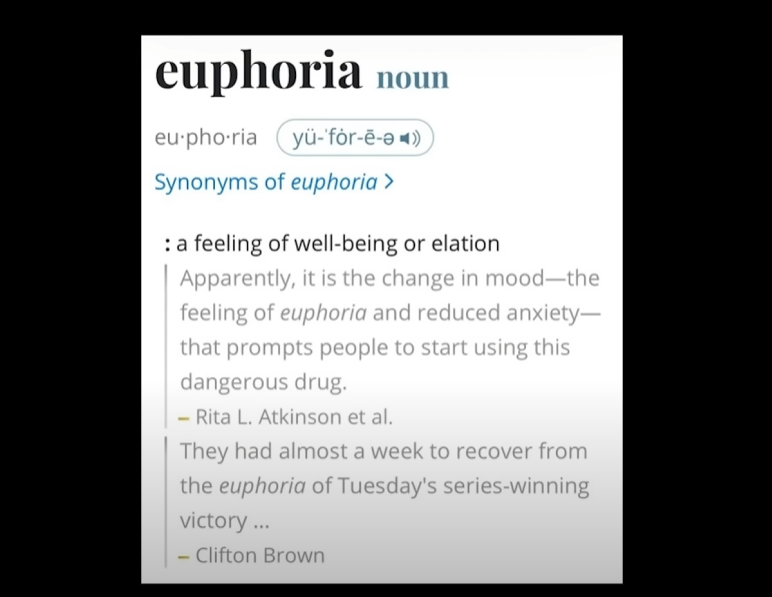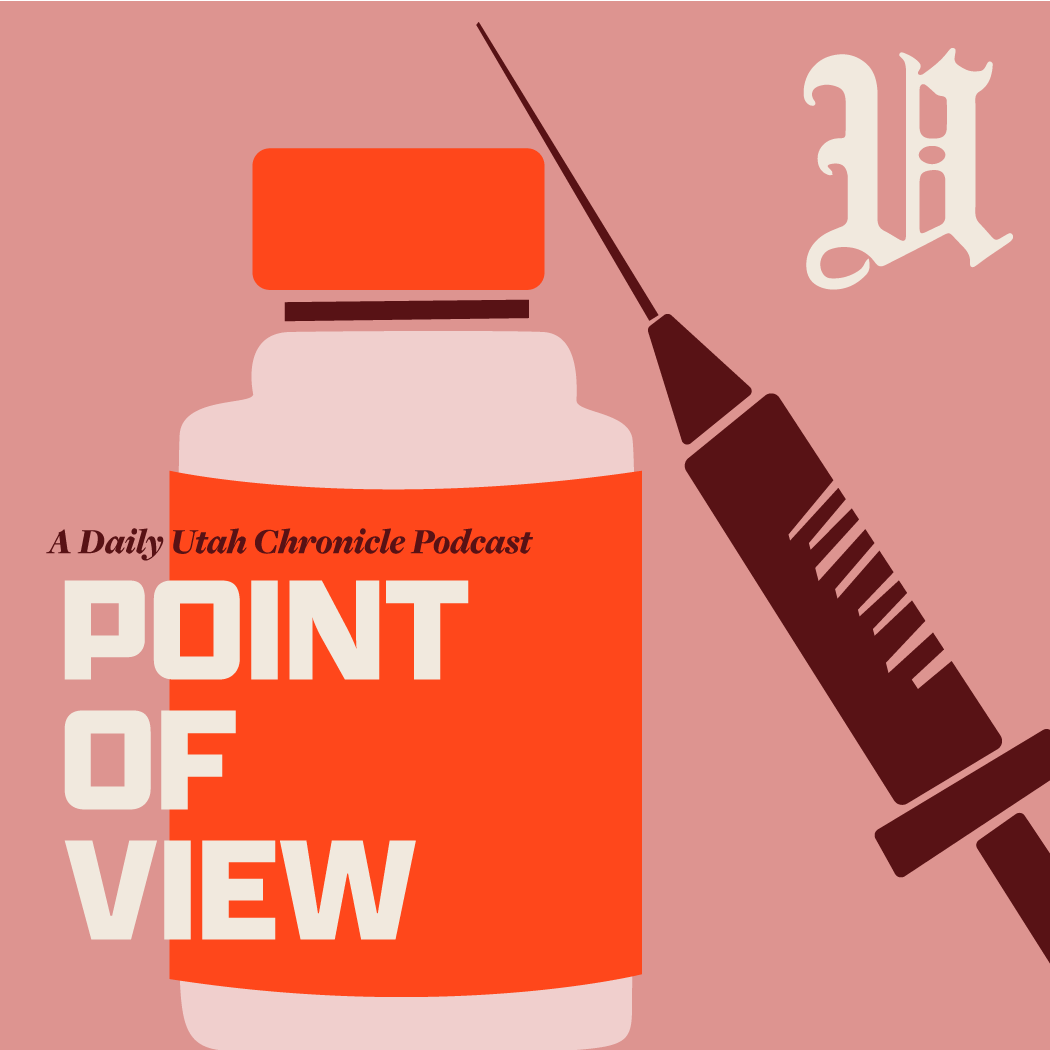
According to the Dove self-esteem campaign, only four percent of women around the world consider themselves beautiful — which is supposedly an absolute tragedy.
If only four percent of women considered themselves good athletes or only four percent of women considered themselves artistically inclined, would that be such a tragic statistic? Self-esteem campaigns that promote the idea that every woman is beautiful is ultimately harmful. It is a step in the right direction that the Dove project and similar campaigns try to deconstruct rigid standards of beauty and that they try to make girls see themselves realistically. The problem is, they’re still basing self-esteem off of beauty. All of the “everyone is beautiful” rhetoric does nothing but further reinforce that beauty is an important aspect of character. To be most effective, self-esteem campaigns should move away from the idea of beauty altogether and focus more on convincing girls and young women that they have a place in the world.
With these campaigns, there is an underlying assumption that every woman who doesn’t call herself beautiful dwells on their appearance constantly and has bad self-esteem. While it is true that a lot of girls do partially determine self-worth by appearance, the thought process “I don’t think I’m beautiful” does not translate to “I think I’m disgustingly ugly and worthless.” One of the flaws in the Dove statistics is that it wasn’t a survey of how happy women are with the way they look. It is more than possible for a woman to be happy with her looks without describing herself as beautiful. People can be happy with their grades even when they don’t get a perfect 4.0 GPA. People can be happy with their musical ability even if they don’t play in a professional band or orchestra. Why should looks be any different?
Another thing the campaigns don’t take into account is that when people have low self-worth, the way they view their physical attractiveness is often just the tip of the iceberg. It may be what they seem to focus on because it’s more apparent to everyone, but low self-esteem is more complicated than simply not feeling attractive. It can be caused by negative peer interactions, mental health problems or a genetic predisposition. People who have low self-esteem are critical of themselves and feel inadequate. There is a correlation between low self-worth and dissatisfaction with appearance, but people with low self-esteem are unhappy with how they look because they’re unhappy with themselves in general. People do not have low self-esteem solely because they don’t like the way they look — people don’t like the way they look because they already suffer from low self-esteem.
That’s why the self-esteem campaigns that focus on beauty aren’t helpful. They’re addressing a surface problem, not getting to the root of why so many women have low self-esteem in the first place. They should try a change in tactic and stop making beauty the center of the campaign — yes, not even the vague “inner beauty.” The focus should be on satisfaction with oneself as a person.









